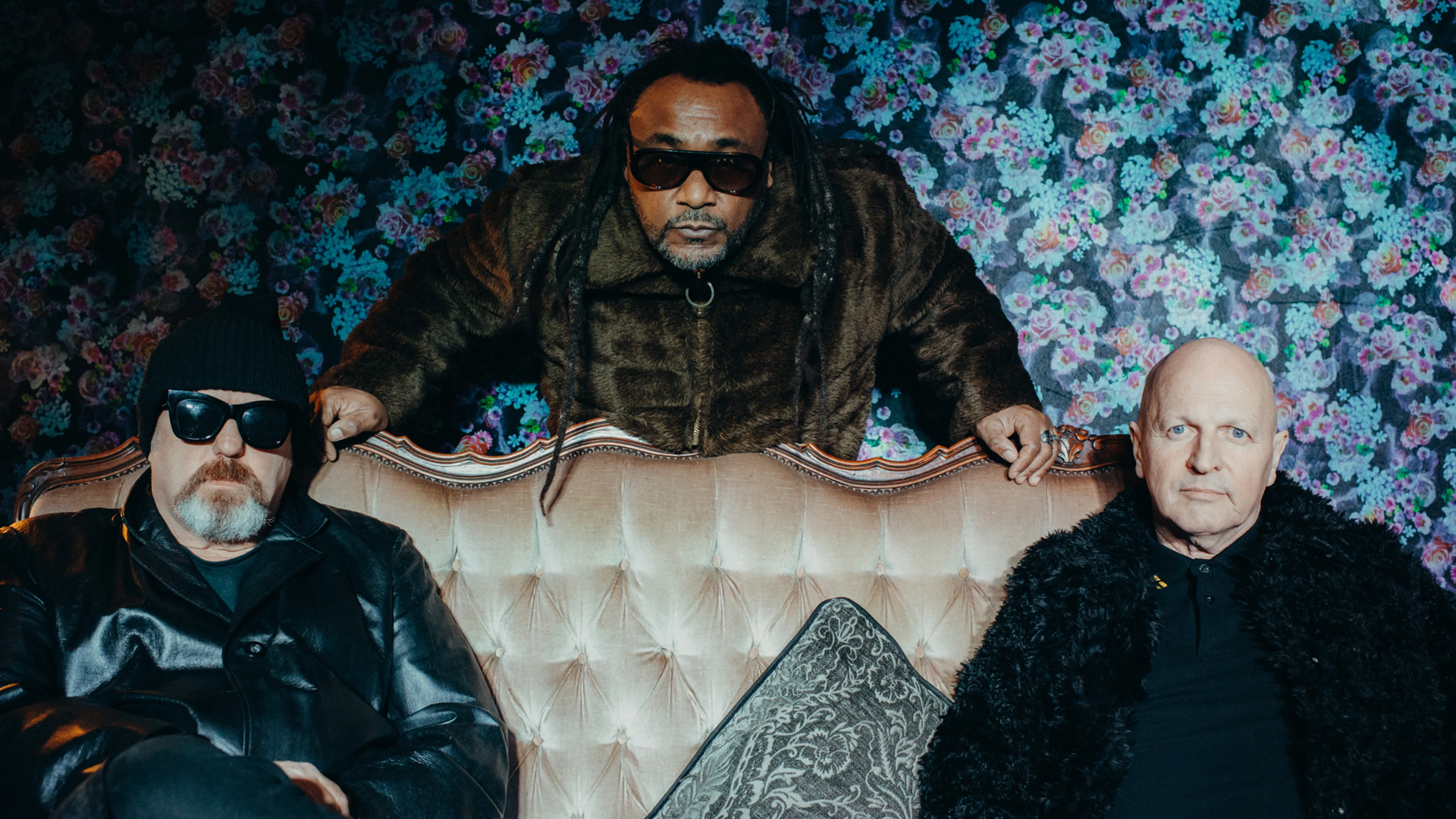Benji would eventually find himself coming face to face with Ranking Roger in the dressing room of an unnamed venue. The two men discussed their favourite records, at which point War Inna Babylon came up in conversation, with both agreeing they’d love to put their own spin on it. Years later, when Benji and Richie worked up a version of the track, they reached out to Roger, who was impressed by their efforts and lent his vocals to proceedings. “It’s an honour to have him on the track now that he’s no longer with us,” says Benji of the bittersweetness of sharing the track three years on from Roger’s passing. And there’s a host of other guests on the record too, most of them drummers, including Faith No More’s Mike Bordin, Stone Sour’s Roy Mayorga, and In Flames’ Tanner Wayne. “Having that many artists I respect wanting to be involved with what we’ve created is a very big deal,” the frontman beams.
Despite Benji’s many accomplishments and his brazen boldness as a performer, there’s a residual humility to him that means no accomplishment or compliment is too modest. Perhaps it comes from being in two bands with two entirely different levels of success that means he’s able to achieve goals on multiple levels, keeping his feet planted on the ground of intimate venues, and a fist in the air above some of the world’s biggest stages. One recent piece of acknowledgement, he suggests, made a particular impact.
Don Letts, the film director and DJ whose endeavours as a musician include Big Audio Dynamite alongside The Clash guitarist Mick Jones, made a last-minute alteration to his playlist when he heard War Inna Babylon. “That was a big deal,” reveals Benji of its inclusion, before allowing a little self-deprecation to creep in. “I know it was because of the Roger connection, but I want people to know that Roger was in good company with us.”
Benji takes a deep breath as he reflects upon the unbreakable bonds that music engenders. “It’s always been about family,” he says of the kinship that continues between his bandmates, collaborators and fans. “We do this together. No matter the colour of your skin or your sexuality, you’re welcome to this party.”
On the evidence of Westgate Under Fire, which brims with tunes, attitude and righteous indignation, it’s not a shindig that’s going to be boring.
Westgate Under Fire is out now via Earache
